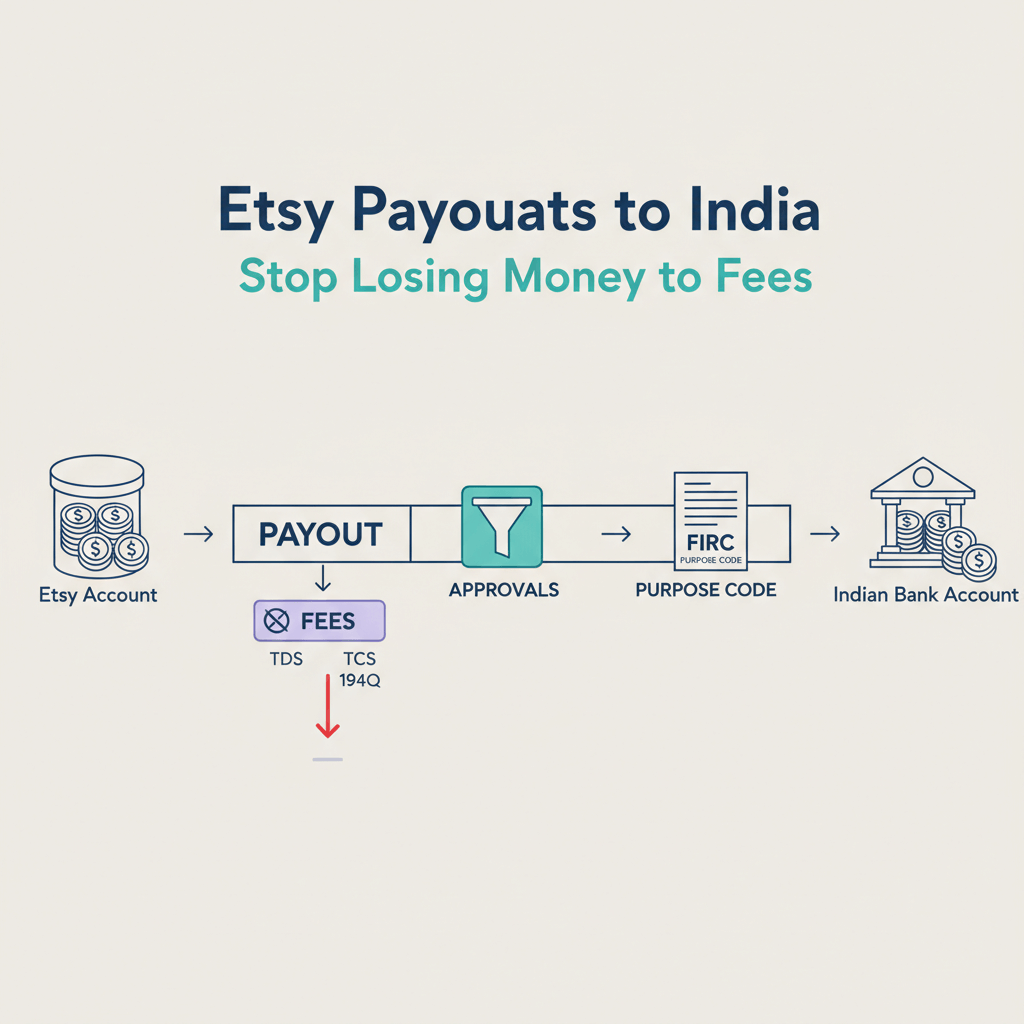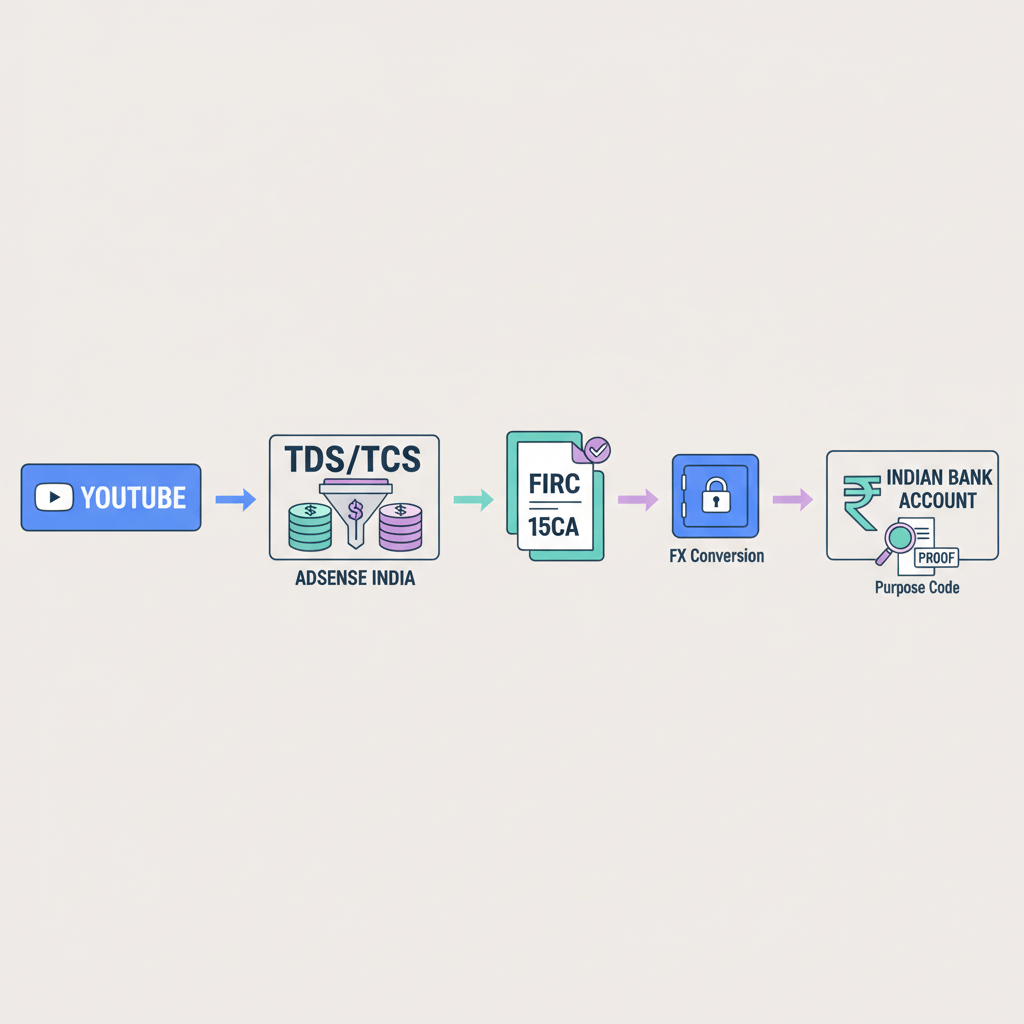Forex is a complicated sphere in banking.
Money leaving the country is always very strictly regulated by RBI. No wonder then, that the compliance and cost aspect of it has always been a sticky issue for businesses making international payments.
What are the business remittance rules in India?
How to navigate the same?
Let’s find out.
Remittance rules in India
- Purpose of Remittance: Amidst the COVID-19 pandemic, Indian businesses utilized outward remittances to procure essential medical supplies and equipment from foreign vendors. For instance, pharmaceutical companies remitted funds to purchase vaccines, oxygen concentrators, and other medical supplies to address the healthcare crisis.
- Authorized Dealers: In response to the digitalization drive, RBI permitted authorized dealers to accept electronic documents and digital signatures for outward remittances. This facilitated smoother transactions for businesses, especially during lockdowns when physical documentation was challenging.
- Documentation: RBI introduced relaxed documentation requirements for outward remittances related to essential goods and services. This enabled businesses to swiftly remit funds for urgent procurement, such as importing raw materials, machinery, or critical components necessary for manufacturing.
- Limits and Reporting: To support businesses facing liquidity constraints during the pandemic, RBI temporarily increased the annual limit for outward remittances under the Liberalized Remittance Scheme (LRS). This measure aimed to assist businesses in meeting their international financial obligations and sustaining trade operations.
- Compliance with Regulations: RBI issued stringent guidelines to ensure compliance with anti-money laundering (AML) and know-your-customer (KYC) norms for outward remittances. Businesses were required to adhere strictly to these regulations to prevent illicit financial activities and ensure the legitimacy of transactions.
- Taxation: In the Union Budget, the Indian government proposed amendments to tax laws governing outward remittances to promote ease of doing business and encourage international trade. The revisions aimed to simplify tax compliance procedures for businesses engaged in cross-border transactions.
- AML and KYC Requirements: RBI enhanced scrutiny of outward remittances to mitigate the risk of fraudulent activities and financial crimes. Authorized dealers were instructed to conduct thorough due diligence on businesses engaging in outward remittances to safeguard the integrity of the financial system.
Business Remittance Rules in India: Purpose of Purpose Codes
Remittance rules in India on Currency exchange and hedging
Businesses must follow certain remittance rules in India set by the RBI and other authorities when dealing with currency exchange and hedging for international payments. Here's what they need to know:
- Following FEMA: There are rules called FEMA that govern currency transactions in India. They cover things like converting money, sending it abroad, and managing risks.
- Using Authorized Banks: Businesses should do their currency exchanges and hedging through banks approved by the RBI. These banks make sure all remittance rules in India are followed.
- Explaining the Reason: When businesses exchange money or hedge, they need to explain why. Very specifically and in detail this needs to be provided. This could be for buying things from other countries, getting money from selling services abroad, or paying back loans in foreign money.
- Sticking to Limits and Reporting: If businesses want to go for currency exchange, they might need special permission. They also need to report these transactions. Providing the right paperwork is key for big transactions.
- Using Currency Derivatives: Businesses can use futures, options, or swaps to protect against changes in currency values. These are traded on certain markets, and businesses have to follow certain remittance rules in India to follow through with it.
- Providing ID: Banks need to know who they're dealing with, so businesses have to show certain documents to prove their identity.
How to avoid mistakes and comply with business remittance rules in India?
A classic case of a business coming under RBI’s radar for faulty outward remittances from India would be that of the IL&FS Group. Their transactions raised concerns about the legality and purpose of the remittances. So here’s what you should NOT do, to comply with business remittance rules in India.
#1 Familiarize Yourself with Regulations
Understand the guidelines set by the Reserve Bank of India (RBI) concerning outward remittances for businesses.
#2 Seek Expert Guidance
Consult with financial or legal experts knowledgeable about foreign exchange regulations to ensure adherence to the remittance rules in India.
#3 Maintain Detailed Records
Keep thorough documentation for each outward remittance transaction, including invoices, contracts, and Form A2.
#4 Use Authorized Channels
Conduct all outward remittances through authorized dealer banks (AD banks) approved by the RBI to guarantee legality and compliance.
#5 Clearly State Transaction Purpose
Explicitly specify the purpose of each remittance transaction as per RBI guidelines.
#6 Stay Informed
Stay abreast of updates and revisions to RBI regulations and compliance criteria for outward remittances.
#7 Establish Internal Controls
Implement internal controls and procedures within your organization to ensure adherence to remittance rules in India.
#8 Provide Training
Train relevant personnel involved in remittance transactions to ensure they understand and comply with regulatory requirements.
#9 Monitor Transactions
Regularly monitor outward remittance transactions to detect any potential compliance issues or discrepancies.
FAQs on remittance rules in India
What are the RBI guidelines for outward remittance for business?
The Reserve Bank of India (RBI) has established guidelines to govern outward remittance transactions for businesses, aiming to ensure transparency, compliance, and accurate documentation. These guidelines include:
- Stating Purpose: Businesses must clearly define the purpose of outward remittances, such as payments for imports, services, overseas investments, or other permissible activities as per RBI regulations.
- Documentation: Maintaining proper documentation, including invoices, agreements, and relevant paperwork, for each outward remittance transaction is essential.
- Authorized Dealer (AD) Banks: Outward remittances should be processed through AD banks authorized by the RBI to handle foreign exchange transactions.
- Form A2: Businesses are required to complete Form A2, provided by AD banks, for each outward remittance transaction. This form includes important details like the purpose of remittance, beneficiary information, and remitted amount.
- Compliance with FEMA: Outward remittances must comply with regulations specified in the Foreign Exchange Management Act (FEMA) and other relevant RBI directives.
- Limits and Reporting: Transactions exceeding specified limits may require additional approvals, and businesses must adhere to RBI reporting requirements.
- Know Your Customer (KYC) Norms: AD banks are obligated to follow KYC norms, including proper documentation and verification while processing outward remittances.
- Tax Compliance: Businesses should ensure compliance with tax regulations, including withholding tax obligations, related to outward remittance transactions as per the Income Tax Act.
How much money can be remitted from India?
Under the business remittance rules in India, there is no limit on the amount of money that can be remitted from India as long as the invoice and documentation for the transaction are intact with full transparency.
What is the RBI remittance rule?
The remittance rules in India established by the RBI govern the transfer of funds from India to other countries. These regulations require businesses to specify the purpose of remittance, maintain accurate documentation, utilize authorized dealer banks, complete Form A2, adhere to FEMA regulations, observe limits and reporting requirements, comply with KYC norms, and ensure tax compliance. Additionally, businesses should refrain from engaging in activities prohibited by RBI regulations, such as remitting funds for speculative purposes, illegal activities, or transactions contrary to national security interests.
Is it legal to transfer money from abroad to India?
Yes, it is legal to transfer money from abroad to India as per remittance rules in India. The Reserve Bank of India (RBI) oversees foreign exchange transactions in India and permits individuals and businesses to receive funds from overseas through authorized channels. These channels include authorized dealer banks (AD banks) and other authorized entities designated by the RBI. However, recipients must adhere to the applicable RBI guidelines and regulations governing inward remittances, which include providing accurate documentation and specifying the purpose of the remittance. Additionally, any income received from abroad may be subject to taxation in India, so recipients must understand and fulfill their tax obligations accordingly.











